
Bushrangers were originally escaped convicts in the early years of the British settlement of Australia who used the bush as a refuge to hide from the authorities. By the 1820s, the term had evolved to refer to those who took up "robbery under arms" as a way of life, using the bush as their base.

Thomas Michael Keneally, AO is an Australian novelist, playwright, essayist, and actor. He is best known for his non-fiction novel Schindler's Ark, the story of Oskar Schindler's rescue of Jews during the Holocaust, which won the Booker Prize in 1982. The book would later be adapted into Steven Spielberg's 1993 film Schindler's List, which won seven Academy Awards, including Best Picture.

The cinema of Australia had its beginnings with the 1906 production of The Story of the Kelly Gang, arguably the world's first feature film. Since then, Australian crews have produced many films, a number of which have received international recognition. Many actors and filmmakers with international reputations started their careers in Australian films, and many of these have established lucrative careers in larger film-producing centres such as the United States.

Bruce MacLeish Dern is an American actor. He has received several accolades, including the Cannes Film Festival Award for Best Actor and the Silver Bear for Best Actor. He was nominated for the Academy Award for Best Supporting Actor for Coming Home (1978) and the Academy Award for Best Actor for Nebraska (2013). He is also a BAFTA Award, two-time Genie Award, and three-time Golden Globe Award nominee.
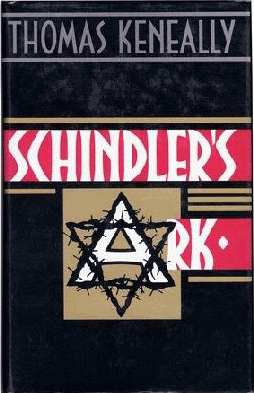
Schindler's Ark is a historical fiction published in 1982 by the Australian novelist Thomas Keneally. The United States edition of the book was titled Schindler's List; it was later reissued in Commonwealth countries under that name as well. The novel won the Booker Prize, a literary award conferred each year for the best single work of sustained fiction written in the English language, and was awarded the Los Angeles Times Book Prize for Fiction in 1983.

Australian literature is the written or literary work produced in the area or by the people of the Commonwealth of Australia and its preceding colonies. During its early Western history, Australia was a collection of British colonies; as such, its recognised literary tradition begins with and is linked to the broader tradition of English literature. However, the narrative art of Australian writers has, since 1788, introduced the character of a new continent into literature—exploring such themes as Aboriginality, mateship, egalitarianism, democracy, national identity, migration, Australia's unique location and geography, the complexities of urban living, and "the beauty and the terror" of life in the Australian bush.
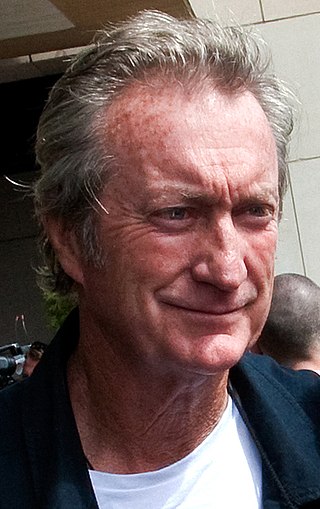
Bryan Neathway Brown AM is an Australian actor. He has performed in over eighty film and television projects since the late 1970s, both in his native Australia and abroad. Notable films include Breaker Morant (1980), Give My Regards to Broad Street (1984), F/X (1986), Tai-Pan (1986), Cocktail (1988), Gorillas in the Mist (1988), F/X2 (1991), Along Came Polly (2004), Australia (2008), Kill Me Three Times (2014) and Gods of Egypt (2016). He was nominated for a Golden Globe Award and an Emmy Award for his performance in the television miniseries The Thorn Birds (1983).
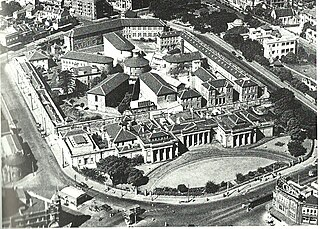
The Darlinghurst Gaol is a former Australian prison located in Darlinghurst, New South Wales. The site is bordered by Darlinghurst Road, Burton and Forbes streets, with entrances on Forbes and Burton Streets. The heritage-listed building, predominantly designed by New South Wales Colonial Architect Mortimer Lewis, was closed in 1914 and has subsequently been repurposed to house the National Art School.

Frederic Alan Schepisi is an Australian film director, producer and screenwriter. His credits include The Chant of Jimmie Blacksmith, Plenty, Roxanne, A Cry in the Dark, Mr. Baseball, Six Degrees of Separation, and Last Orders.

The Devil's Playground is a 1976 Australian drama film written, produced and directed by Fred Schepisi. It is a semi-autobiographical film which tells the story of a boy growing up and going to school in a Catholic juniorate administered by De La Salle Brothers. Its focus is on the trials of the flesh and the tensions that arise, for both Brothers and students, from the religious injunction to control one's sexuality. It is considered part of the Australian New Wave film genre.
Tom E. Lewis was an Australian actor and musician. He was an Indigenous Australian from the Murrungun people. His first major role was the title role in the 1978 Fred Schepisi film The Chant of Jimmie Blacksmith.
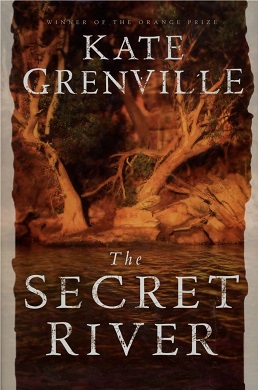
The Secret River is a 2005 historical novel by Kate Grenville about an early 19th-century Englishman transported to Australia for theft. The story explores what might have happened when Europeans colonised land already inhabited by Aboriginal people. The book has been compared to Thomas Keneally's The Chant of Jimmie Blacksmith and to Peter Carey's True History of the Kelly Gang for its style and historical theme.

Bundarra is a small town on the Northern Tablelands of New South Wales, Australia. The town is located on Thunderbolts Way and on the banks of the Gwydir River, in the Uralla Shire local government area, 563 kilometres (350 mi) from the state capital, Sydney. At the 2016 census, Bundarra had a population of 394 and the surrounding area had 676 persons.
Jimmie is a variation of the given name James.
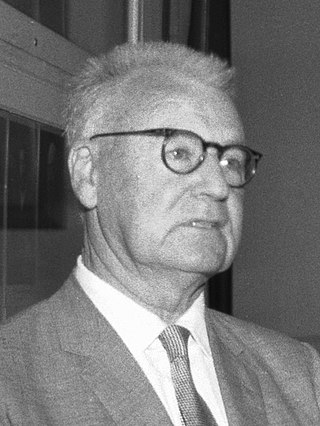
Francis Patrick Clune, OBE, was a best-selling Australian writer, travel writer and popular historian.

The Chant of Jimmie Blacksmith is a 1978 Australian drama film directed, written and produced by Fred Schepisi, and starring Tom E. Lewis, Freddy Reynolds and Ray Barrett. The film also featured early appearances by Bryan Brown, Arthur Dignam, and John Jarratt. It is an adaptation of the 1972 novel The Chant of Jimmie Blacksmith by Thomas Keneally.
This article presents a list of the historical events and publications of Australian literature during 1972.
Breelong, New South Wales is a bounded rural locality of Gilgandra Shire and a civil parish of Gowen County, New South Wales.
Jimmy Governor is a 1959 Australian book by Frank Clune about Jimmy Governor.














